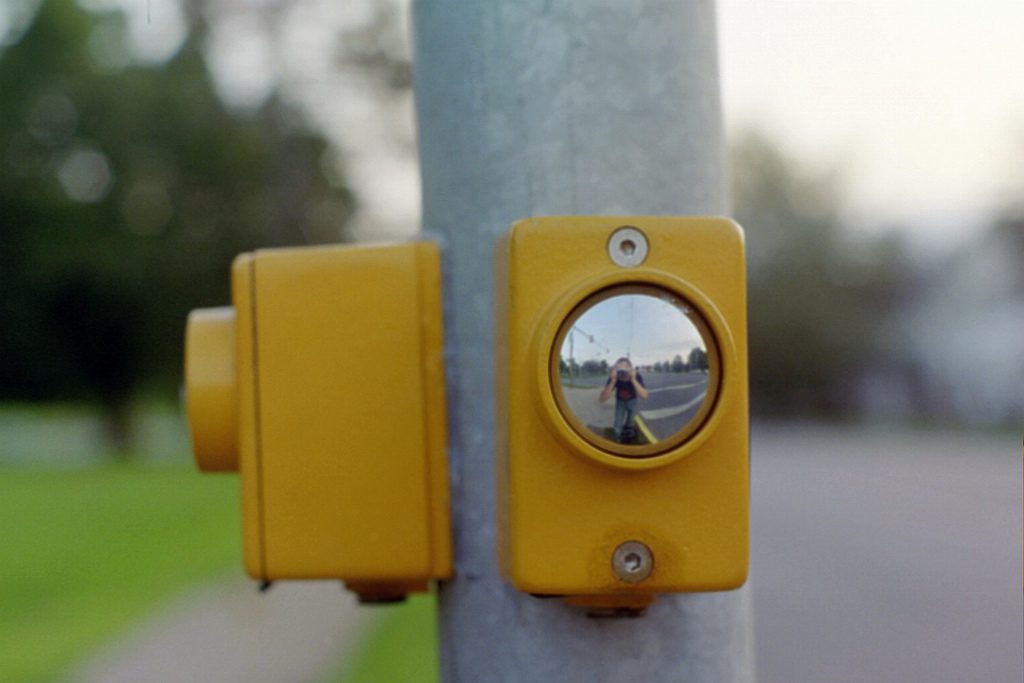
From Close door buttons on elevators are designed to be utterly useless, which reveals how elevator close door buttons and pedestrian crosswalk buttons don’t actually map to any function. Pushing buttons, even when they don’t really do anything, makes us feel better. Psychologists believe the perception of control is beneficial in helping to reduce stress.
Dr. Albert Bandura, an influential social psychologist, coined the term “self-efficacy” to describe people’s internal beliefs about their ability to have an impact on events that affect their lives. Your self-efficacy is your belief in your own effectiveness as a person, both generally in terms of managing your life, and specifically with regard to competently dealing with individual tasks. In the context of stress, self-efficacy describes your beliefs about your ability to handle stressful situations. A large amount of research has demonstrated quite convincingly that possessing high levels of self-efficacy acts to decrease people’s potential for experiencing negative stress feelings by increasing their sense of being in control of the situations they encounter. The perception of being in control (rather than the reality of being in or out of control) is an important buffer of negative stress. When people feel that they are not in control, they start feeling stressed, even if they actually are in control and simply don’t know it. Another reason that people feel stressed is when they feel out of control because they do not possess the appropriate coping skills, resources, etc. to adequately cope with the situation.
When a given demand (e.g., passing an exam, winning a race) is perceived as something you can handle because you expect you will do well based on preparation or past experience (e.g., because you have studied for the exam or trained for the race), you are likely to perceive the demand as a challenge and as an exhilarating experience. After the event is over, you may even have a resulting boost in self-esteem because you worked hard to meet the demand and succeeded. If, however, the demand seems beyond your abilities, you will likely experience distress. Across time, feeling unable to respond effectively to stressful situations can further decrease your sense of self-efficacy, making you even more prone to experience distress in the future.
Self-Efficacy And The Perception Of Control In Stress Reduction
Think of this the next time you are designing a UI or task flow, especially when the UI or task may involve a certain amount of stress in your users (I don’t mean give them useless buttons to push). Giving users the feeling of control, proper feedback, and a feeling of accomplishment will increase the positive feelings they have when using the product.
